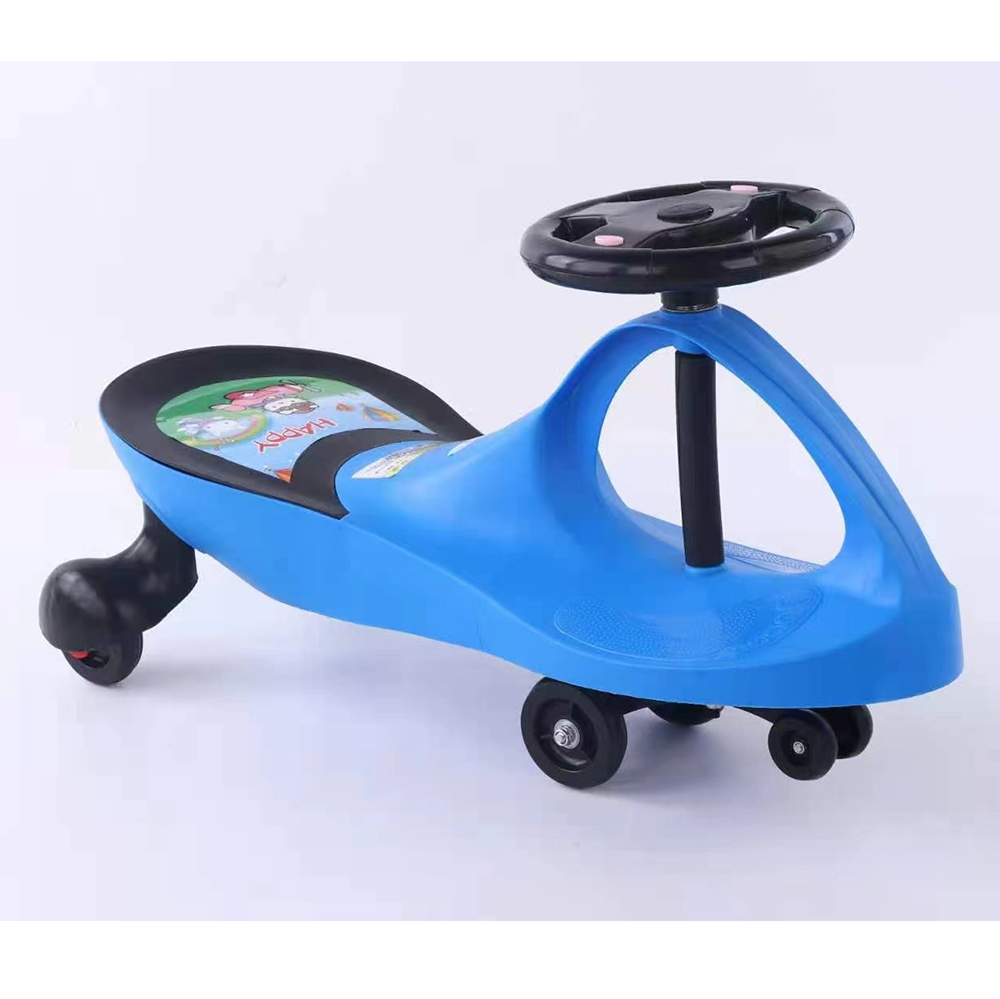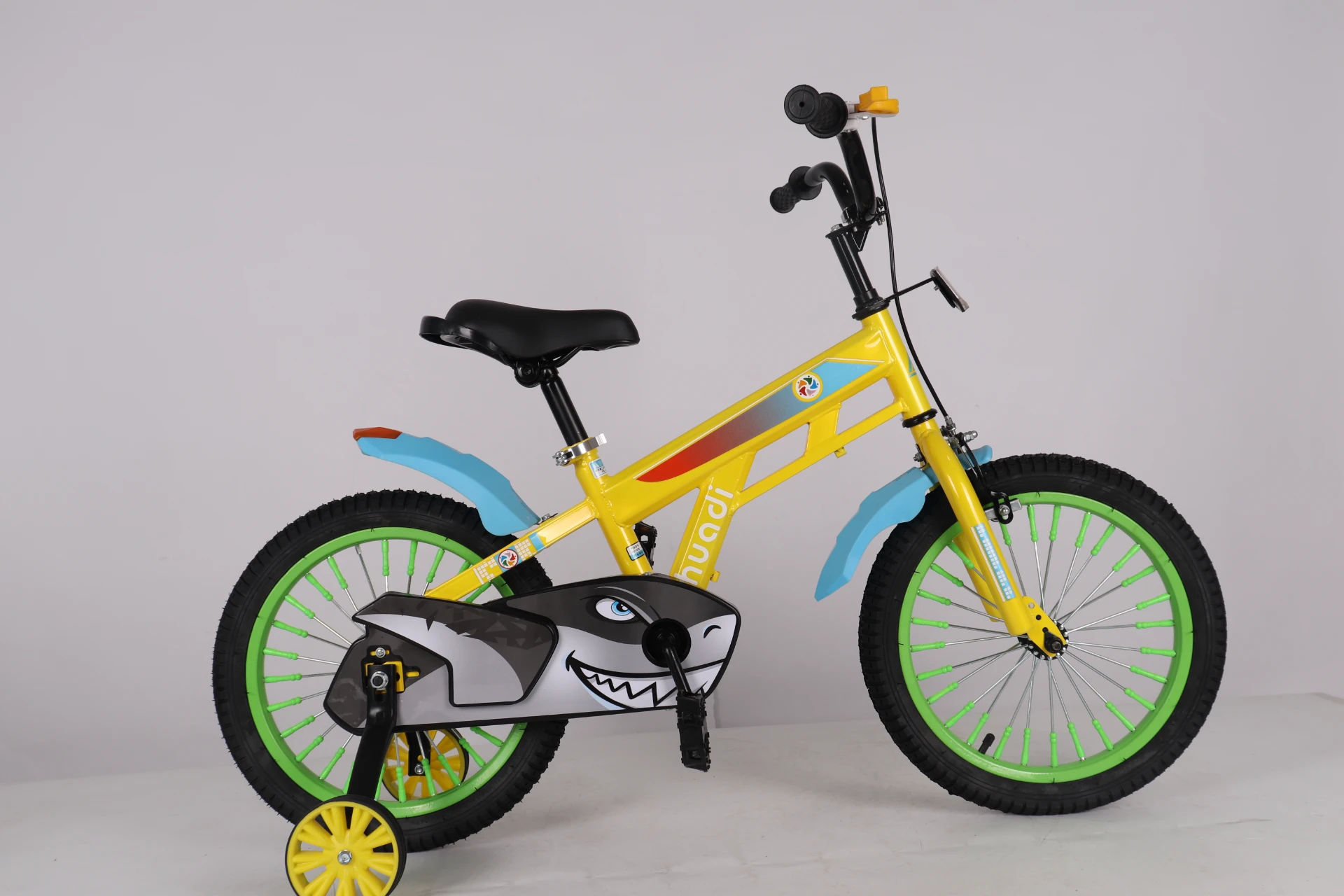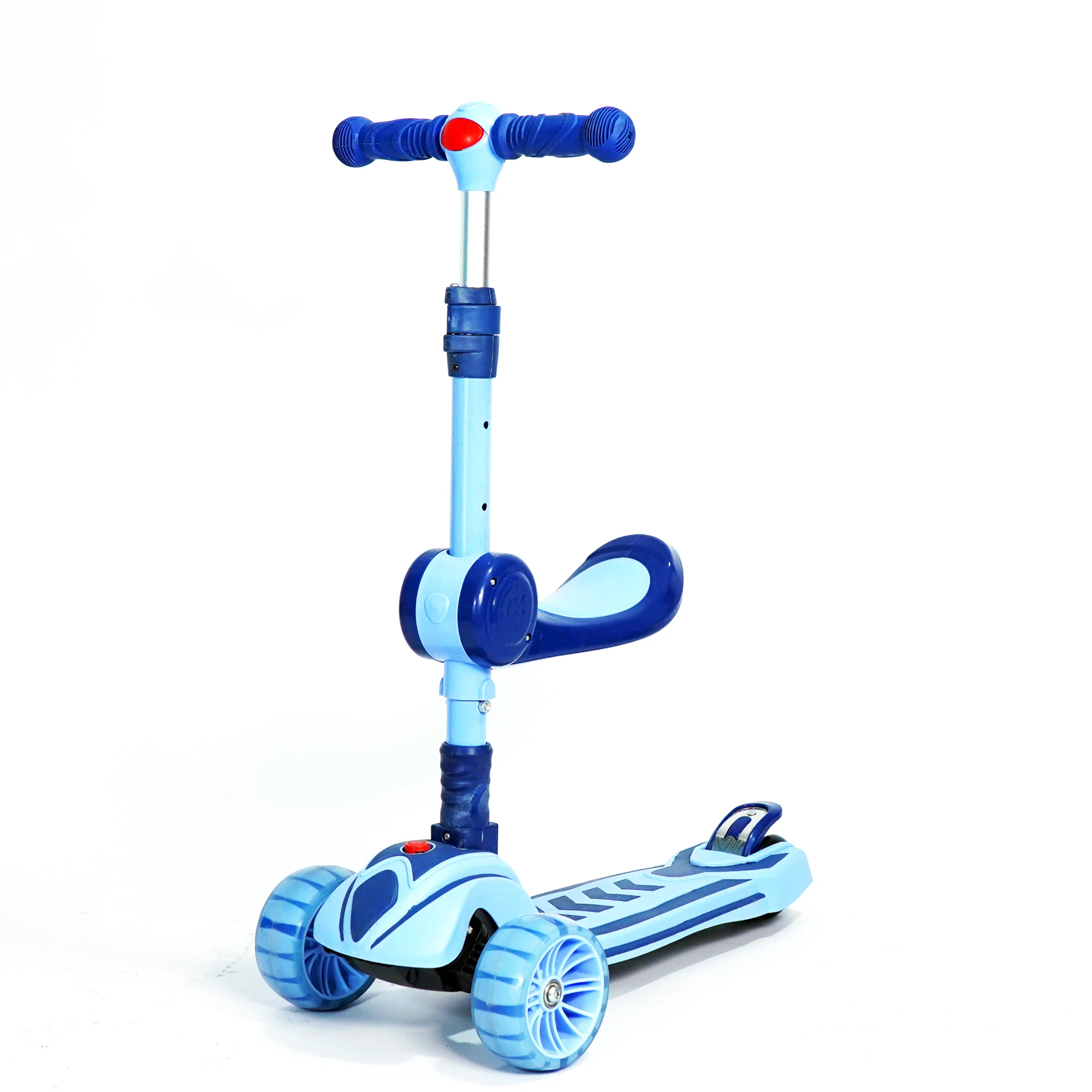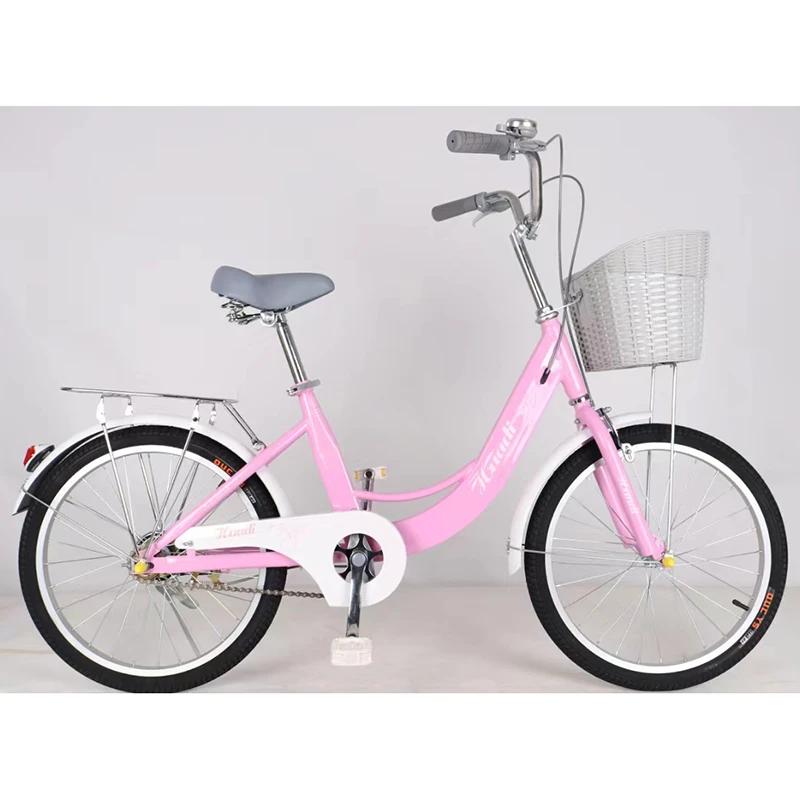2 月 . 05, 2025 06:10
Back to list
High quality kids bike children bicycle cycle cheap children bicycle with training wheel for sale
Evaluating mountain bike quality is essential for both novice and experienced riders seeking to enhance their trails and enjoyment. Numerous factors contribute to a mountain bike's overall quality, including design, material, components, and price. As a seasoned cyclist with years of experience navigating challenging terrains, I have pinpointed the core elements that signify superior mountain bike quality.
Price inevitably reflects the quality of a mountain bike. While a higher price tag typically suggests better components and materials, it is crucial to balance cost with personal needs and usage frequency. Investing in a more expensive model may be worthwhile for frequent riders or those participating in competitive events. Conversely, weekend warriors might find mid-range options to be sufficient, offering a balance between cost and performance. Experienced riders emphasize that a test ride is invaluable when choosing a mountain bike. This practical approach offers firsthand insights into the bike's handling, comfort, and suitability for one's body type and riding style. Associating with specialized retailers or workshops that provide demo days can facilitate access to a range of models and brands, ensuring an informed decision. In summary, understanding the intricacies of mountain bike quality—frame material, suspension, and component selection—enables riders to make enlightened decisions matching their skills and preferences. Beyond technical specifications, rider comfort and fit remain paramount, securing not just a purchase but an investment in countless exhilarating rides. With these insights, enthusiasts can confidently navigate the extensive array of mountain bikes, ensuring an optimal blend of performance, longevity, and personal satisfaction.


Price inevitably reflects the quality of a mountain bike. While a higher price tag typically suggests better components and materials, it is crucial to balance cost with personal needs and usage frequency. Investing in a more expensive model may be worthwhile for frequent riders or those participating in competitive events. Conversely, weekend warriors might find mid-range options to be sufficient, offering a balance between cost and performance. Experienced riders emphasize that a test ride is invaluable when choosing a mountain bike. This practical approach offers firsthand insights into the bike's handling, comfort, and suitability for one's body type and riding style. Associating with specialized retailers or workshops that provide demo days can facilitate access to a range of models and brands, ensuring an informed decision. In summary, understanding the intricacies of mountain bike quality—frame material, suspension, and component selection—enables riders to make enlightened decisions matching their skills and preferences. Beyond technical specifications, rider comfort and fit remain paramount, securing not just a purchase but an investment in countless exhilarating rides. With these insights, enthusiasts can confidently navigate the extensive array of mountain bikes, ensuring an optimal blend of performance, longevity, and personal satisfaction.
Prev:
Latest news
-
Unleash Your Adventurous Spirit with All Mountain BikesNewsOct.31,2024
-
The Perfect Ride for Your Little Ones: Kids TricyclesNewsOct.31,2024
-
The Joy of Riding: Quality Kids Mountain BikesNewsOct.31,2024
-
The Excitement of Kids Scooters – Choose Your Adventure!NewsOct.31,2024
-
Kids' Bikes: Find the Perfect Ride for Your Little OnesNewsOct.31,2024
-
Experience the Fun of Swing CarsNewsOct.31,2024
-
Why a Giant Bike for Kids is a Top ChoiceNewsOct.24,2024








